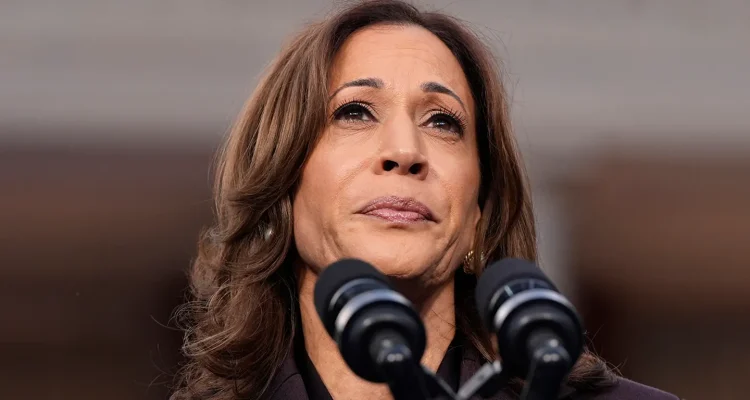David Plouffe, a senior aide to Kamala Harris’s campaign, called the Democratic Party’s decision to skip a primary contest for the presidential candidate “the cardinal sin.” He shared his thoughts with The Atlantic, reflecting on the campaign’s loss to President-elect Trump.
“I’m not sure, given the headwinds, any Democrat could have won,” Plouffe said. “But if we had a primary in which a bunch of people ran and auditioned… through that process, whoever emerged… would have been a more fully formed person, would have had more time to mount a general election campaign. [Not having that process] is the cardinal sin.”
Harris’s campaign team attributed the loss to a tight timeline following President Biden’s decision to exit the race. They also pointed to what they saw as unfair media treatment of the vice president.
Plouffe described the state of the Democratic campaign when Biden dropped out as “gruesome.”
“When I got in, it was the first time I saw the actual numbers under the hood,” he said. “They were pretty gruesome. The Sun Belt was worse than the Blue Wall, but the Blue Wall was bad. And, demographically, young voters across the board — Hispanic voters, Black voters, Asian voters — were in really terrible shape. When the [candidate] switch happened, some of that stuff got a little bit better, but nowhere near where we ended up or where we needed to be. This was a rescue mission. It was catastrophic in terms of where it was.”
Former House Speaker Nancy Pelosi repeatedly said the Democratic process was open and that Harris “won” the primary. But after the loss, Pelosi acknowledged Biden should have withdrawn earlier to allow for a proper primary contest.
Criticism of the Harris campaign intensified after her team’s appearance on “Pod Save America” post-election. Many felt the campaign failed to take accountability for the defeat.
Campaign chair Jen O’Malley Dillon pushed back against the perception that Harris avoided interviews.
“I do think a narrative, 107 days… two weeks talking about how she didn’t do interviews, which you know she was doing plenty, but we were doing in our own way,” Dillon told host Dan Pfeiffer. “We had to be the nominee, we had to find a running mate, and do a roll-out… but real people heard, in some way, that we were not going to have interviews, which was both not true and also so counter to any kind of standard that was put on Trump.”
Biden’s endorsement of Harris came quickly after he dropped out on July 21. Yet, Harris didn’t grant her first interview until 39 days after that announcement.
Quentin Fulks, the principal deputy campaign manager, defended the decision to limit media interactions early in Harris’s campaign.
“I don’t say this to be defensive at all, but our priority was How do we get her into the battleground states?” Fulks explained. “She [had been] traveling, but she was focused on the periphery states when she was the vice president and not the core battleground states, as President Biden was traveling to those places pretty frequently.”
